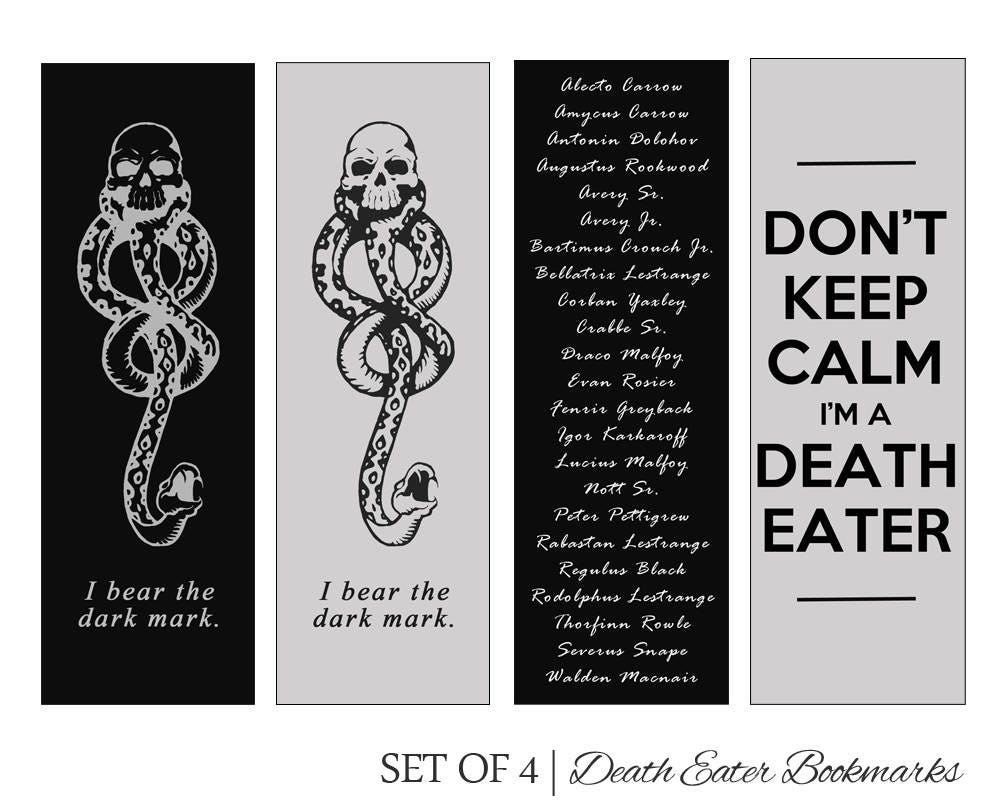Have not added any PDF format description on The Gift of Death, Second Edition & Literature in Secret (Religion and Postmodernism)! Download this book right.
- The Gift Of Death Derrida Pdf Download Pdf
- The Gift Of Death Derrida Pdf Download Windows 7
- The Gift Of Death Derrida Pdf Download Free
Rate this book
The Gift of Deathby 847 ratings, 4.12 average rating, 43 reviews
847 ratings, 4.12 average rating, 43 reviews The Gift of Death Quotes Showing 1-4 of 4
“How can another see into me, into my most secret self, without my being able to see in there myself? And without my being able to see him in me. And if my secret self, that which can be revealed only to the other, to the wholly other, to God if you wish, is a secret that I will never reflect on, that I will never know or experience or possess as my own, then what sense is there in saying that it is my secret, or in saying more generally that a secret belongs, that it is proper to or belongs to some one, or to some other who remains someone. It's perhaps there that we find the secret of secrecy. Namely, that it is not a matter of knowing and that it is there for no one. A secret doesn't belong, it can never be said to be at home or in its place. The question of the self: who am I not in the sense of who am I but rather who is this I that can say who? What is the- I and what becomes of responsibility once the identity of the I trembles in secret?”
―
―
“We are given over to absolute solitude. No one can speak with us and no one can speak for us; we must take it upon ourselves, each of us must take it upon himself.”
―
―
“The Ethical can therefore end up making us irresponsible.”
―
―
“Here it isn't a matter of knowing what the other knows, for Abraham doesn't know anything. It isn't a matter of sharing his faith, for the latter must remain an initiative of absolute singularity. And moreover, we don't think or speak of Abraham from the point of view of a faith that is sure of itself, any more than did Kierkegaard...Our faith is not assured because a faith never can be, it must never be a certainty. We share with Abraham what cannot be shared, a secret we know nothing about, neither him nor us. To share a secret is not to know or to reveal the secret, it is to share we know not what: nothing that can be known, nothing that can be determined.”
―
―
The Gift Of Death Derrida Pdf Download Pdf
The Gift Of Death Derrida Pdf Download Windows 7
All Quotes
Quotes By Jacques Derrida
The Gift Of Death Derrida Pdf Download Free
- Arroyo C. (2005) Unselfish salvation: Levinas, Kierkegaard, and the place of self-fulfillment in ethics. Faith and Philosophy 22.2: 160–172Google Scholar
- Derrida, J. (1978). Violence and metaphysics. Writing and difference (A. Bass, Trans.) (pp. 79–153; 111). Chicago: The University of Chicago Press.Google Scholar
- Derrida J. (1992) How to avoid speaking: Denials. In: Coward H., Foshay T. (eds) Derrida and negative theology. State University of New York Press, AlbanyGoogle Scholar
- Derrida J. (1994) Given time I: Counterfeit money (P. Kamuf, Trans.). Chicago, University of Chicago PressGoogle Scholar
- Derrida J. (1996) The gift of death (D. Wills, Trans.). The University of Chicago Press, ChicagoGoogle Scholar
- Derrida J. (2002) Force of law: The ‘mystical foundation of authority’. In: Anidjar G. (eds) Acts of religion. Routledge, New YorkGoogle Scholar
- De Vries H. (1999) Philosophy and the turn to religion. The Johns Hopkins University Press, BaltimoreGoogle Scholar
- De Vries H. (2002) Religion and violence: Philosophical perspectives from Kant to Derrida. The Johns Hopkins University Press, BaltimoreGoogle Scholar
- Gasché R. (2007) European memories: Jan Patocka and Jacques Derrida on responsibility. Critical Inquiry 33: 291–311 305CrossRefGoogle Scholar
- Goiocoechea D. (1999) The moment of responsibility (Derrida and Kierkegaard). Philosophy Today 43.4: 210–225Google Scholar
- Hanson, J. (Forthcoming). At the limits of religion without religion: A problem that cannot be resolved. Philosophy Today.Google Scholar
- Larrea A. (2007) Anxious responsibility: Derrida’s appropriation of Kierkegaardian ‘fear and trembling’. In: Sharpe M., Noonan M., Freddi J. (eds) Trauma, history, philosophy: With feature essays by Agnes Heller and György Márkus. Newcastle, Cambridge Scholars Publishing, pp 76–101Google Scholar
- Levinas E. (1998) Otherwise than being or beyond essence (A. Lingis, Trans.). Duquesne University Press, PittsburghGoogle Scholar
- Lippitt J. (2003) Routledge philosophy guidebook to Kierkegaard and Fear and Trembling. Routledge, New York, pp 135–137Google Scholar
- Milbank J. (1995) Can a gift be given? Prolegomena to a future trinitarian metaphysic. Modern Theology 11.1: 119–161CrossRefGoogle Scholar
- Milbank J. (1999) The ethics of self-sacrifice. First Things 91: 33–38Google Scholar
- Turner D. (1998) The art of unknowing: Negative theology in late medieval mysticism. Modern Theology 14.4: 473–488CrossRefGoogle Scholar
- Westphal M. (2008) Levinas and Kierkegaard in dialogue. Indiana University Press, BloomingtonGoogle Scholar
- Wood D. (1997) Much obliged. Philosophy Today 41.2: 135–140Google Scholar